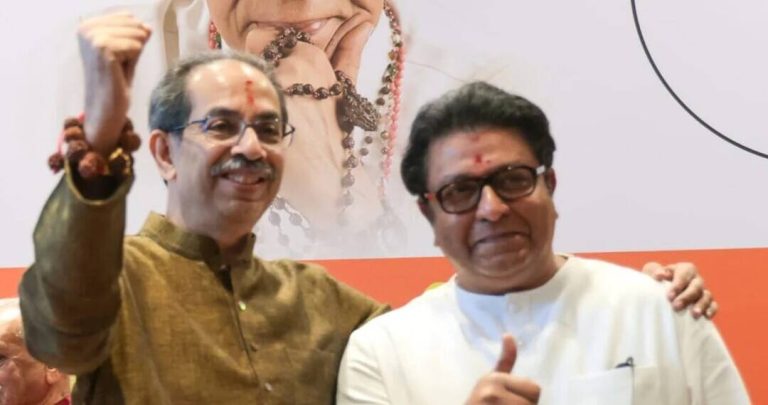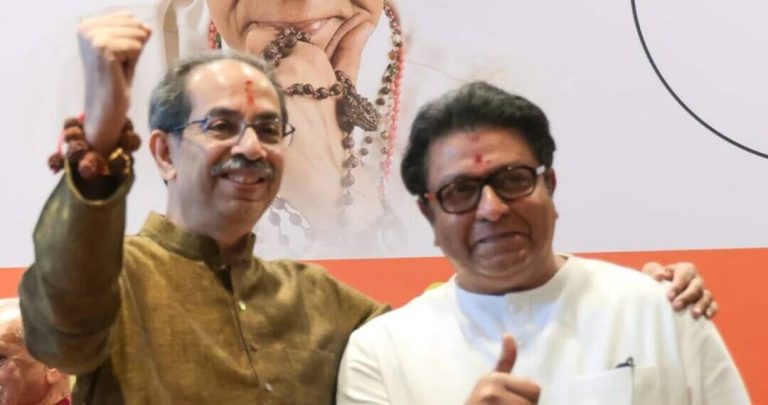
Wales snaps & leaves interview after host asks, ‘You’re Wikipedia’s Founder or Co-Founder?’
In a shocking turn of events, Jimmy Wales, the founder of Wikipedia, lost his cool during a podcast interview when the host asked him if he was the founder or co-founder of the online encyclopedia. The incident has sparked a heated debate about the origins of Wikipedia and the role of its co-founder, Larry Sanger.
The interview, which was supposed to be a casual conversation about Wikipedia and its impact on the world, took a dramatic turn when the host asked Wales to clarify his role in the founding of the website. Wales, who had introduced himself as the founder of Wikipedia, was taken aback by the question and responded angrily, saying, “It’s the dumbest question in the world.” He seemed to take offense to the implication that he might not be the sole founder of the website.
The host, seemingly unaware of the sensitivity of the topic, pressed on, asking Wales to explain why he was being so defensive. Wales, however, was having none of it. He stood up, gathered his belongings, and walked out of the interview, leaving the host and the audience stunned. The whole incident lasted less than a minute, but it has sparked a flurry of discussion and debate about the founding of Wikipedia.
At the heart of the controversy is the role of Larry Sanger, who is credited with co-founding Wikipedia along with Jimmy Wales. Sanger, a philosopher and writer, was instrumental in the early development of the website, and his contributions to the project are well-documented. However, Wales has previously contested Sanger’s contributions, downplaying his role in the founding of Wikipedia.
The question of who founded Wikipedia is not just a matter of semantics; it has significant implications for the way we understand the history of the website and the role of its founders. Wales has long been credited as the sole founder of Wikipedia, and his name is often synonymous with the website. However, Sanger’s contributions to the project are undeniable, and his role in shaping the early days of Wikipedia is well-documented.
The incident has also raised questions about the accuracy of Wikipedia’s own history. The website’s entry on its own founding credits both Wales and Sanger as co-founders, but Wales’s response to the host’s question suggests that he may not agree with this assessment. This has led to accusations that Wales is trying to rewrite history and erase Sanger’s contributions to the project.
The controversy has sparked a heated debate among Wikipedia enthusiasts and critics, with some defending Wales’s response as a justified reaction to a silly question, while others see it as a sign of arrogance and a desire to control the narrative around Wikipedia’s founding.
Regardless of one’s perspective on the issue, it is clear that the question of who founded Wikipedia is a complex and contentious one. The website’s own history is a matter of debate, and the role of its founders is still a topic of discussion and controversy.
As the incident continues to generate buzz and attention, it is likely that we will see more discussion and debate about the founding of Wikipedia and the role of its founders. For now, however, it seems that Jimmy Wales is not interested in engaging in that conversation, at least not with anyone who questions his status as the sole founder of the website.
In conclusion, the incident highlights the complexities and controversies surrounding the founding of Wikipedia. While Wales’s response may have been seen as defensive or arrogant, it also underscores the sensitivity and importance of the topic. As we continue to navigate the complex and ever-changing world of online information, it is essential that we have a clear and accurate understanding of the history and origins of the websites that shape our knowledge and perceptions.






